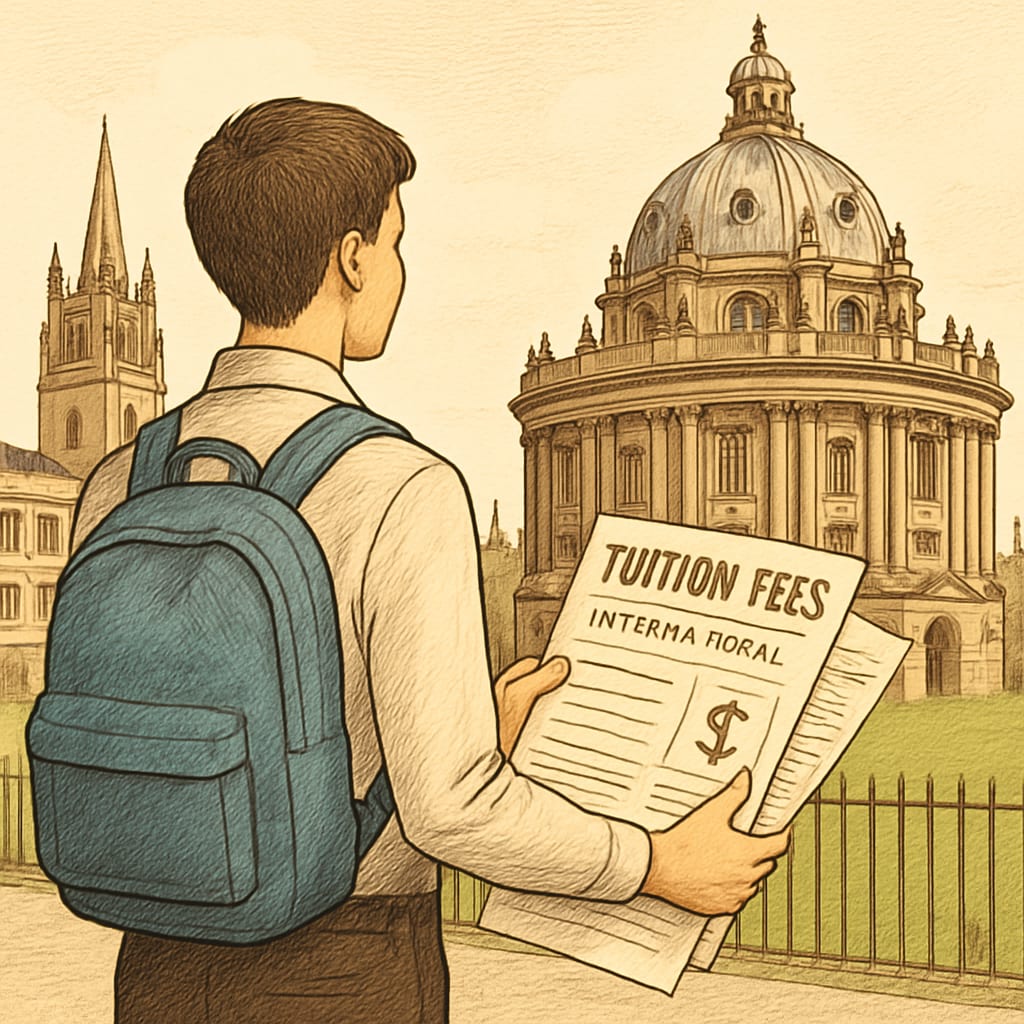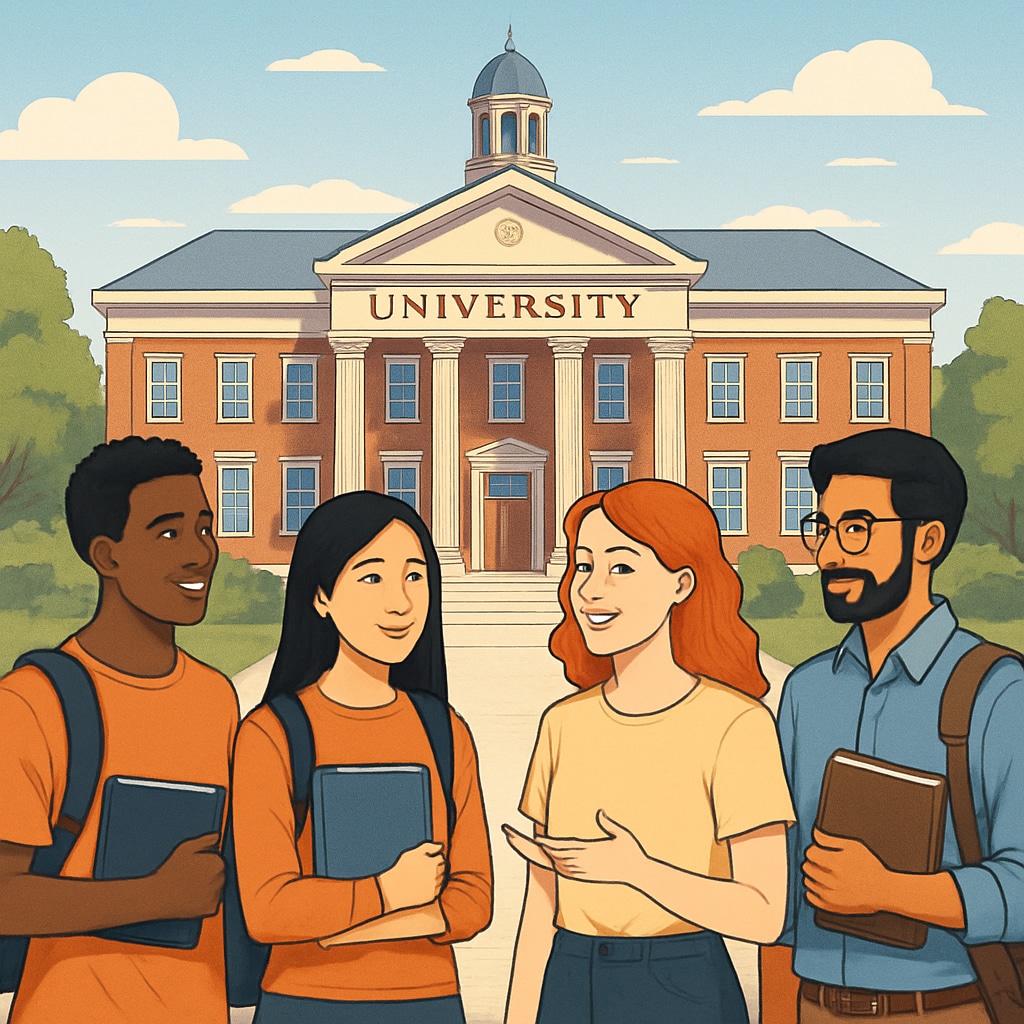The dream of studying at prestigious institutions like Oxford University often comes with insurmountable challenges for students with a migrant identity. For many, the high international student fees and limited access to financial aid create significant hurdles that make higher education opportunities inaccessible. This article delves into the economic difficulties that migrant students face, highlighting the story of a Nigerian immigrant admitted to Oxford University. The discussion sheds light on the inequalities inherent in the system and explores potential solutions for addressing these barriers.
The Financial Struggles of Migrant Students
Migrant students often face a unique set of challenges that extend beyond academics. One of the most significant barriers is the financial burden associated with international student tuition fees. For example, at Oxford University, international students pay significantly higher fees than domestic students, often reaching tens of thousands of pounds annually. For families with limited income, particularly those from developing countries, this cost can be prohibitive.
In addition to tuition, migrant students must also account for living expenses, including housing, food, and transportation. These costs are compounded by the lack of access to government-sponsored financial aid or scholarships, which are often restricted to domestic students. As a result, many migrant students are forced to rely on personal savings or high-interest loans, creating long-term financial risks.

Case Study: A Nigerian Immigrant’s Journey to Oxford
The plight of migrant students is exemplified by the story of a Nigerian immigrant recently admitted to Oxford University. Despite her academic excellence and determination, she faced immense financial hurdles on her path to acceptance. Her family, unable to afford the international tuition fees, had to crowdsource funds through social media campaigns and community support. While her story ended successfully, it underscores the systemic inequities that migrant students often encounter.
According to research conducted by UNESCO (UNESCO), access to higher education for migrant students is disproportionately lower compared to domestic students due to financial constraints. This disparity highlights the urgent need for policy reforms to create equitable opportunities for all students, regardless of their immigration status.

Addressing Educational Inequality: Solutions and Advocacy
To tackle these challenges, several measures can be implemented to support migrant students in accessing higher education:
- Expanding Scholarship Programs: Universities and governments should create more scholarships specifically targeting migrant students to help alleviate financial burdens.
- Flexible Payment Plans: Institutions can offer installment-based tuition payment systems to make education more accessible.
- Policy Reform: Governments should revise immigration and education policies to allow migrant students to qualify for domestic financial aid programs.
- Community Support Networks: Local communities and NGOs can play a role in providing financial and emotional support to migrant students.
These solutions require collaboration between governments, educational institutions, and private organizations. For example, the British Council (British Council) has initiated programs to promote access to education for international students. However, more comprehensive efforts are needed to address the specific challenges faced by migrant students.
The Path Forward: Advocating for Inclusion
Creating equitable access to higher education is not just about reducing economic barriers; it is also about fostering inclusion and diversity within academic institutions. Migrant students bring unique perspectives and experiences that enrich the educational environment. By addressing the financial obstacles they face, universities can cultivate a more inclusive atmosphere that benefits all students.
As the world becomes increasingly interconnected, the importance of supporting migrant students in their pursuit of education cannot be overstated. By advocating for policy changes and diversified funding channels, we can ensure that talented individuals from all backgrounds have the opportunity to achieve their academic goals and contribute to society.
Ultimately, the story of the Nigerian immigrant who overcame financial barriers to attend Oxford University serves as both an inspiration and a call to action. It reminds us that education should be a right, not a privilege reserved for those with financial means.


